-
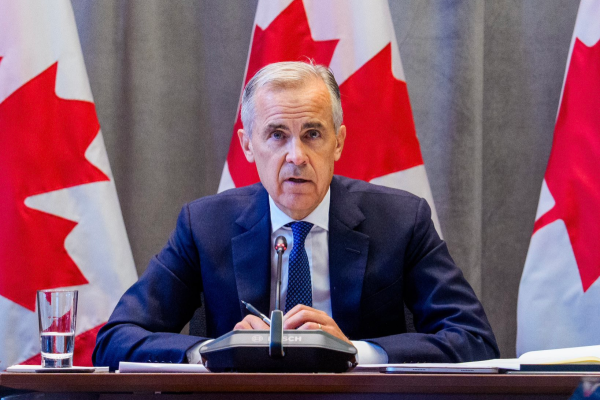
Carney’s attacks will unleash major struggles
As Mark Carney’s government prepares a sweeping austerity agenda—gutting public services, fuelling militarism, and expanding fossil fuel projects—John Clarke argues that a new wave of resistance is emerging. From Indigenous land defence to public sector strikes, these struggles point toward a growing fightback against Canada’s deepening class war.
-

Canadians are living through a people’s recession
The disconnect between big economic indicators and Canadians’ day-to-day experience is a gap our political leaders seem unable or unwilling to bridge. Indeed, parliamentarians have gotten in the habit of telling us that everything is basically fine—we just need to live within our means. It hasn’t occurred to them that the economic indicators might be missing something.
-
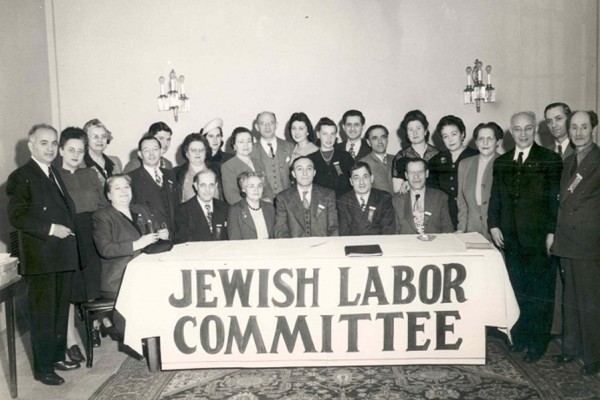
A new wolf in an old sheep’s clothing
A new spectre has arisen on the pro-Israel Jewish right. And it is all the more dangerous as it purports to sit in the progressive heart of the labour movement in Canada and the United States. It consists of Jewish union members claiming that they are currently the targets of antisemitism within their respective unions.
-

The privatization crisis at Canada Post
Canada Post is under attack. Political favouritism, privatized delivery, and precarious subcontracting are putting workers and public service at risk. From Intelcom’s exploitative practices to the government’s support of billion-dollar profits, André Frappier discusses how one of Canada’s most essential institutions is being dismantled, and who is benefiting.
-

Budget 2025 should bolster employee ownership to strengthen Canada’s economy
Budget 2025 offers Canada a chance to make employee ownership permanent by extending tax incentives for employee ownership trusts and worker co-ops. Doing so would boost productivity, reduce inequality, and secure business succession, while keeping jobs and decision-making local. A modest investment promises significant economic and social dividends.
-
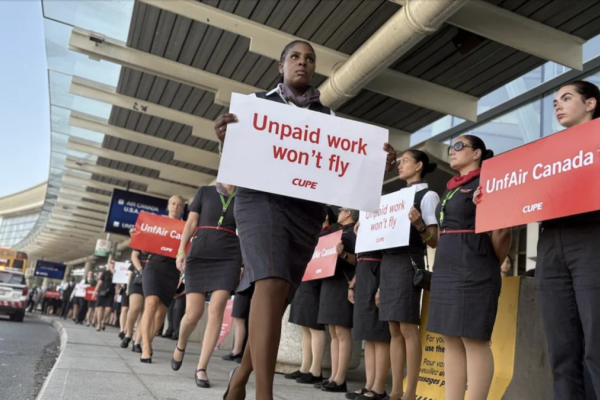
Taking stock of the Air Canada strike
The recent Air Canada flight attendants’ strike showcased remarkable defiance against exploitative conditions and government strike-breaking, inspiring workers across Canada. Yet, the imposed settlement exposed serious limits on union democracy and bargaining power. The struggle offers both a powerful example of resistance and a warning for future labour battles.
-
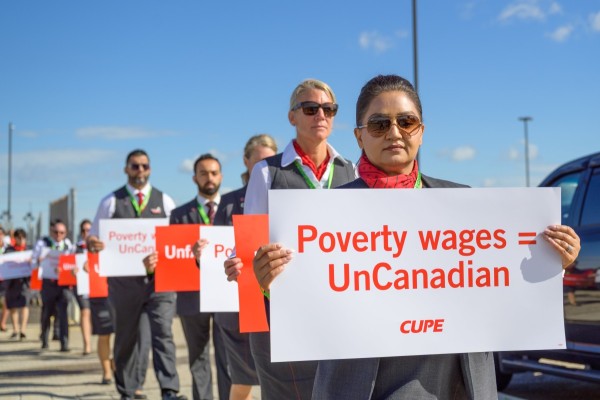
Air Canada and the erosion of collective bargaining
The Air Canada strike has has exposed how corporations manipulate government intervention to sidestep fair bargaining. With flight attendants underpaid, passengers stranded, and Ottawa stepping in, the dispute shows how workers’ rights erode when companies stall negotiations, betting the state will force employees back to work.
-
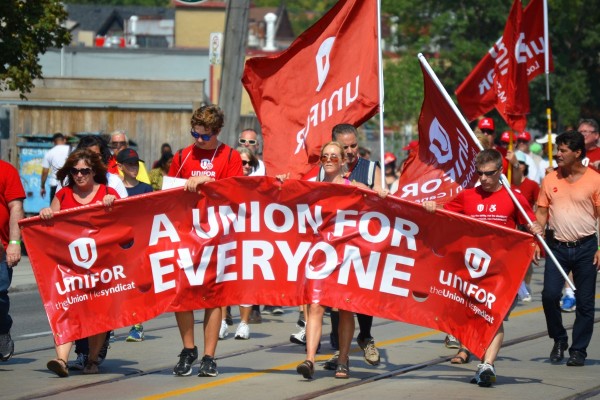
Labour needs an overhaul for the new era of Canadian politics
Canada’s 2025 election exposed deep divisions in the working class, with many union members shifting toward Conservative populism. Fred Wilson argues labour’s modest political impact signals an urgent need for a unified, non-partisan strategy. Without a bold overhaul, unions risk losing influence over Canada’s political direction in a volatile new era.
-

What if productivity isn’t the problem?
Canada’s so-called productivity crisis isn’t about lazy workers—it’s about complacent executives, protected oligopolies, and metrics that reward speculation over real value. If being “productive” means enriching landlords and gutting public services, writes James Hardwick, maybe we need to be less productive.
-
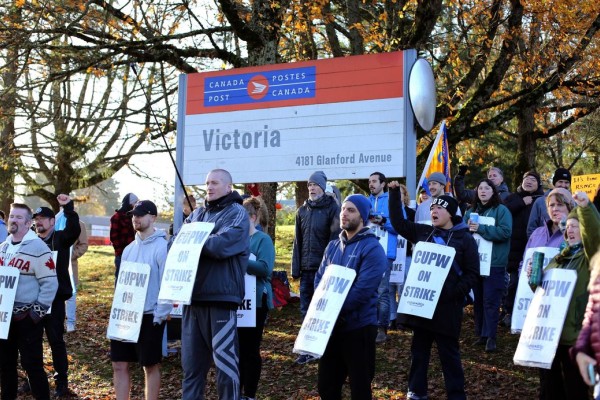
How the Liberals are eroding workers’ Charter-protected rights
Prime Minister Mark Carney is presenting himself as a politician who has a vision of a new, more prosperous and sovereign Canada. Yet, whatever he and his government have in mind, writes Harry Glasbeek, they certainly do not want the working class to make too many gains or to have much of a say in what kind of a society we might become.



